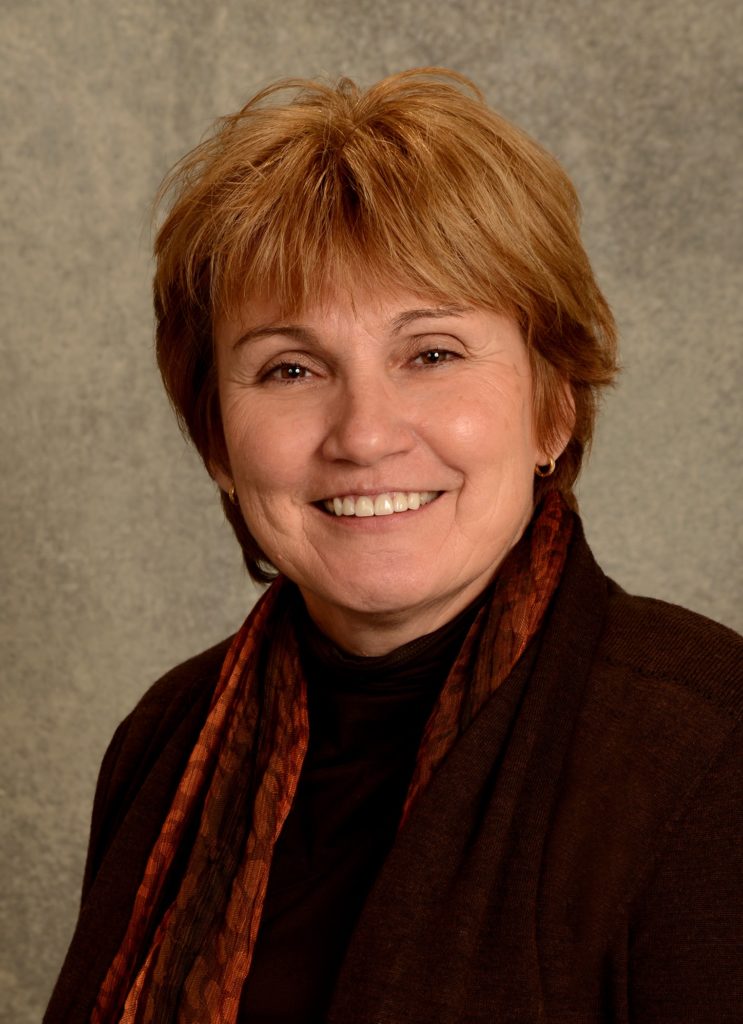
I was passionate about my career which was a unique mix of clinical care, teaching, and involvement at the highest level in strategic planning and achieving operational excellence. I brushed elbows daily with wonderful, compassionate, mission-driven and brilliant colleagues. I had “one phone call access” to Department Chairs and specialists, and prompt scheduling of anything I needed. I loved climbing mountains and to hike, to ski, to bike, to travel, my family, my friends, and my dog.
My journey with multisystem complex chronic disease (msCCD) began abruptly with an ER visit for chest pain in 2016, a syncopal event driving home from that visit, and a formal tilt table test, leading to a diagnosis of neurocardiogenic syncope. Three weeks later I again visited the ER with dizziness, nausea, and an unrelenting feeling of being motion sick and hung over, sensations which lasted without abatement for 6 months.
I could barely eat or sleep or interact with others and felt as if I were slowly sinking into a place I could not return from. Evaluation included the usual visits to a multitude of specialists as well as an integrative medicine provider, and a recommendation to follow the Levine exercise protocol for patients with postural orthostatic tachycardia syndrome. I purchased a rowing machine and got busy. With no improvement, the diagnosis of ME/CFS was put forward by me as a possibility which led to being seen at the BHC. The journey to the BHC took many months, thousands of dollars, and many nervous Uber drivers who watched me teeter and sway in and out of their vehicles with various types of clinical monitoring equipment attached. What strikes me most with 20/20 hindsight was that ME/CFS was not listed in any of multiple medical reference resources I voraciously consulted as being associated with orthostatic intolerance. I heard that from no provider.
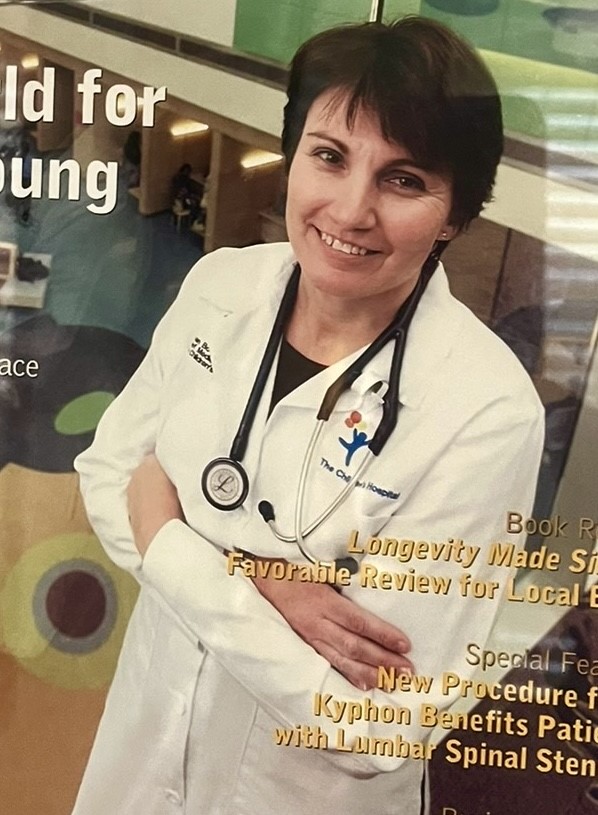
When I first visited the BHC and met Dr. Bateman, her compassion, quiet confidence, and clear expertise instantly gave me hope. My cornucopia of symptoms was not typical, if such a thing exists. I had no viral prodrome, had antibodies to almost every pathogen (perhaps from working 30 years in a pediatric emergency department), had moderate OI, unrelenting brain fog, and a full-blown flare of MCAS due to air freshener in the motel I stayed in before my first research visit. With the increased heart rate and high blood pressure due to that flare I am still not sure any of the data points on that NASA Lean Test were usable.
Dr. Bateman has been seeing opportunity in every twist and turn and setback for more than three decades in her passionate pursuit of effective, accessible care for all by well-informed clinicians. Equally important were readily available and scientifically supported educational materials for patients and providers, and meaningful and well-funded research.
I have been a patient for 4 1/2 years. In that brief time, I have seen the BHC explode. Developments have included recruitment of the amazing Dr. Yellman and other committed care providers and team members, and creation of an all-encompassing and easy-to-navigate website with unrestricted access to resources, videos, and written educational materials. The ME/CFS Crash Survival Handbook, available to all, gives patients the tools to better understand and manage their disease, and to better control the impact on their lives. Other resources include a robust presence on YouTube, and monthly open support groups via Zoom.
More and more healthcare providers are being reached by the BHC’s participation in Project ECHO, by interviews and articles in influential publications in the lay press, by presentations at scientific meetings, by the creation of the Clinician Coalition, and by continuous tele-conferencing and consulting. The recent partnership with the Open Medicine Foundation to create the Medical Education Resource Center for msCCD will serve to continue to support the goals of destigmatizing these conditions and improving access to informed and compassionate care.
As a physician and a scientist, I believe high-quality and peer-reviewed research is essential to continue to move the needle forward. The BHC has continued to grow its research footprint by participating in the NIH-funded ME/CFS Collaborative Centers grant, by providing clinical expertise for study design and subject evaluation, by publishing original work on orthostatic intolerance and the magnitude and impact of lowered cerebral blood flow, and by studying potential new therapeutic agents and monitoring devices.
I have been fortunate to be a patient at the BHC and have received comprehensive, compassionate, and informed care. I have also benefited by attending support groups, watching and rewatching videos on the website, and taking information to my local primary care provider. All of us suffering from msCCDs including long COVID benefit immensely from the vast amount of open-access materials, provider education, clinical research, and the continuous efforts of the BHC staff to keep the challenges of msCCDs visible and relevant to those giving grants, publishing guidelines, and directing financial support at the national level.
The BHC is a non-profit organization that is not state or federally funded. Revenue generated by patients, including the annual membership fees and insurance payments only covers 60% of the actual cost of providing that care. The extensive educational and outreach materials are 100% funded by donations and private grants. It is thru the selfless dedication and belief in the mission by the entire BHC that the Center has continued to tackle the ongoing challenges faced by those with these illnesses. As Dr. Bateman has said, “the BHC may be small, but it is mighty.”
With immense gratitude for all that the BHC has done for me personally, as well as for all those who suffer from these underserved, underfunded and life-altering conditions, I have made the choice to annually donate to the BHC. I would urge healthcare providers who have benefited from the efforts of the BHC do the same. I recognize that I have been truly blessed and am able to make this ongoing commitment while many of those suffering have struggles well beyond the illness itself. But those of us who can need to do all we can. The work is too important and the visibility of the “real world” we attempt to survive in has never been greater. Let us not let that window close.
The resources mentioned in Joan’s message are made possible by donations from readers like you. Please consider making an affordable gift to Bateman Horne Center today.

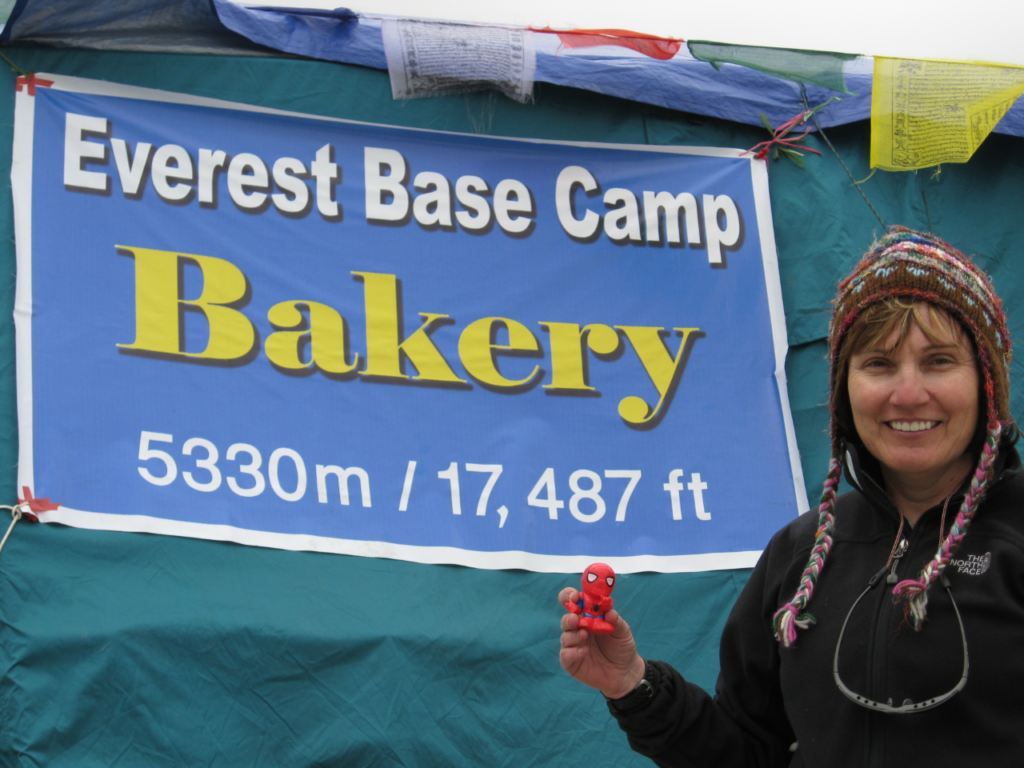
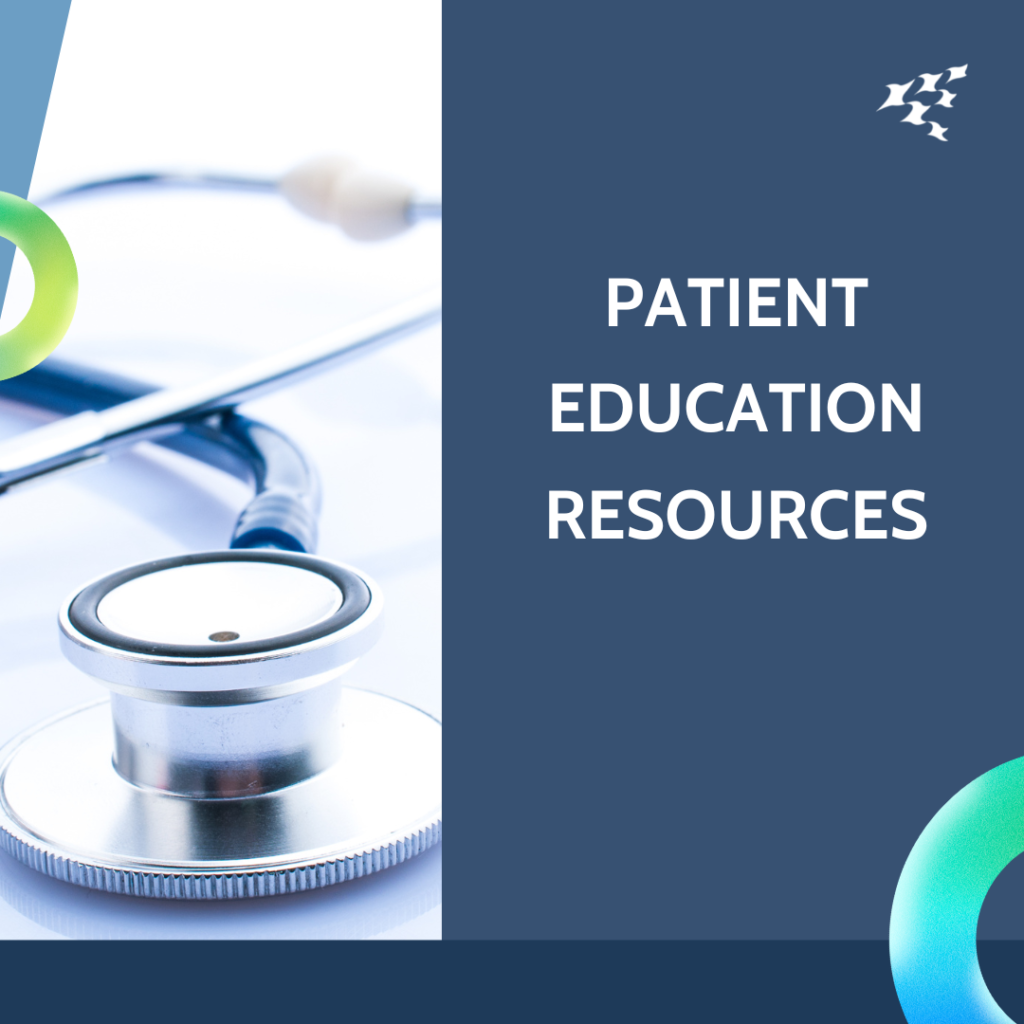
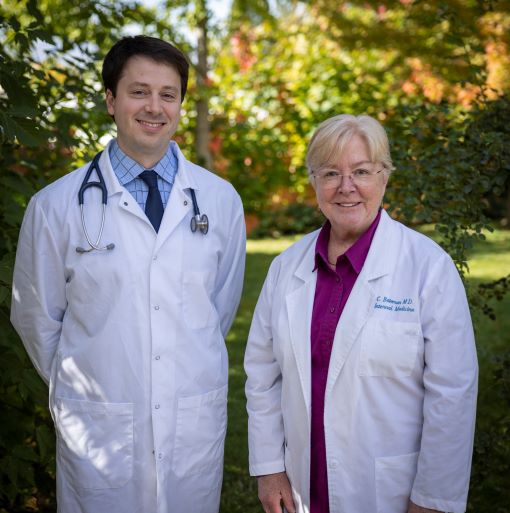
 Lucinda Bateman, MD, is a renowned clinician, researcher, and educator. Her Johns Hopkins University Medical School training instilled an approach to care that she has employed throughout her career - the patient comes first and the unknown or unexplained does not equate to a lack of proper and compassionate care. Since starting her own practice in 2000, she has served on six boards or committees, been the principal investigator for 45 studies, authored/coauthored 40 journal articles, served as adjunct instructor and adjunct assistant professor in the University of Utah Departments of Preventative Medicine, Internal Medicine, and Anesthesiology, and lectured around the world.
Lucinda Bateman, MD, is a renowned clinician, researcher, and educator. Her Johns Hopkins University Medical School training instilled an approach to care that she has employed throughout her career - the patient comes first and the unknown or unexplained does not equate to a lack of proper and compassionate care. Since starting her own practice in 2000, she has served on six boards or committees, been the principal investigator for 45 studies, authored/coauthored 40 journal articles, served as adjunct instructor and adjunct assistant professor in the University of Utah Departments of Preventative Medicine, Internal Medicine, and Anesthesiology, and lectured around the world.